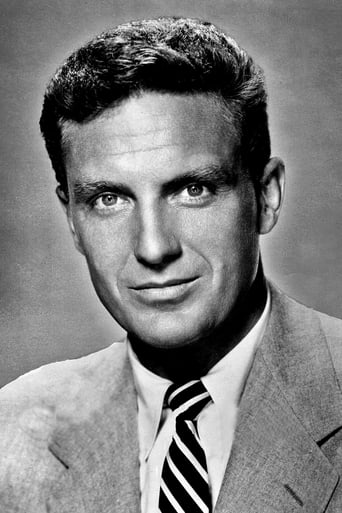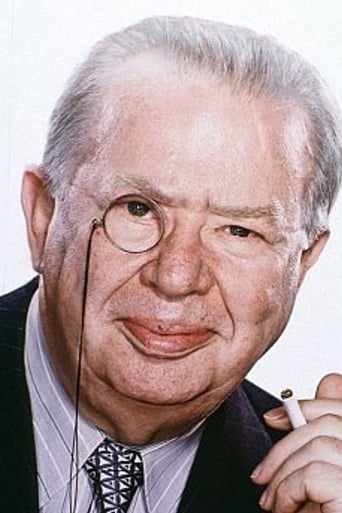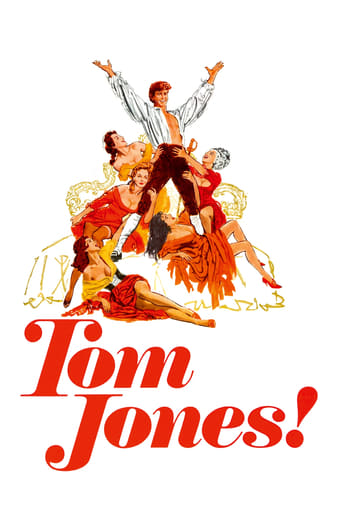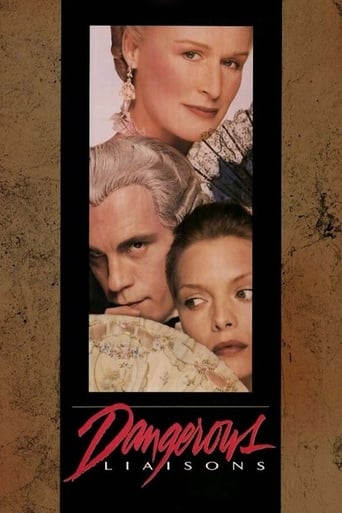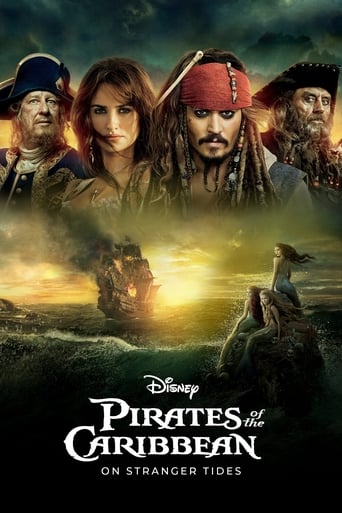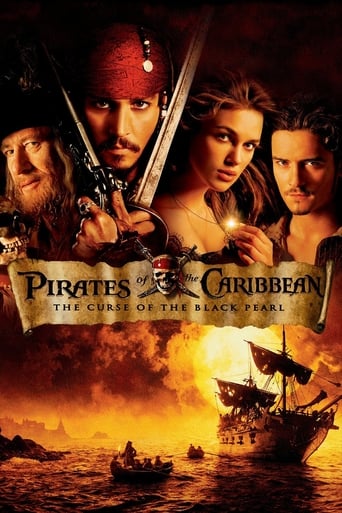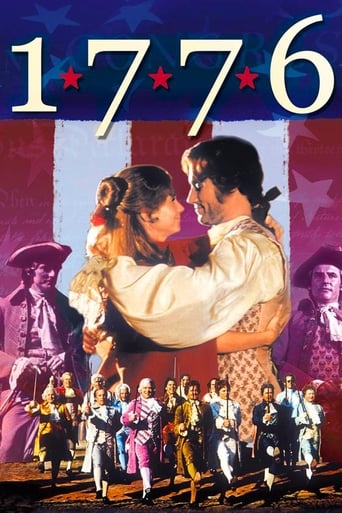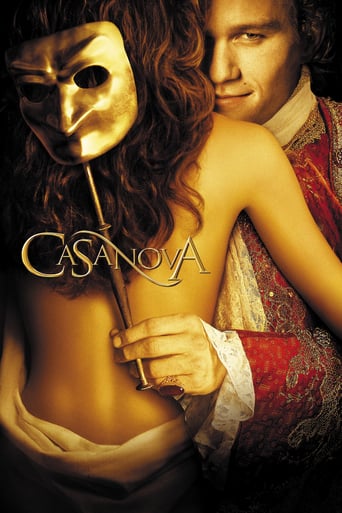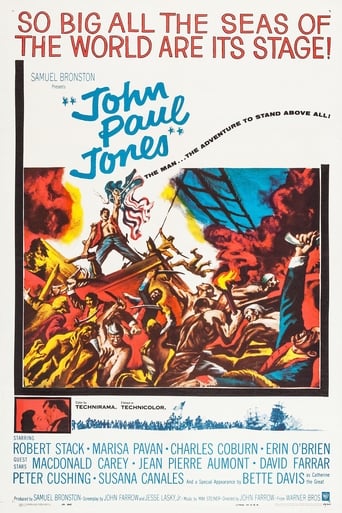
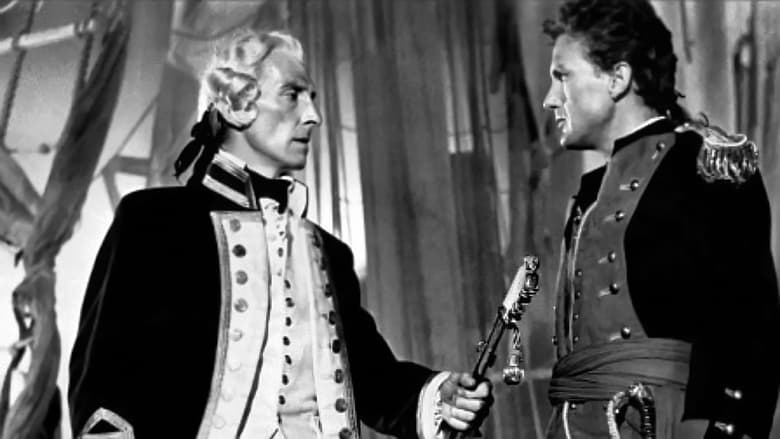
John Paul Jones (1959)
The career of Revolutionary War naval hero John Paul Jones, from his youth in Scotland through his service to Catherine the Great of Russia.
Watch Trailer
Cast
Similar titles
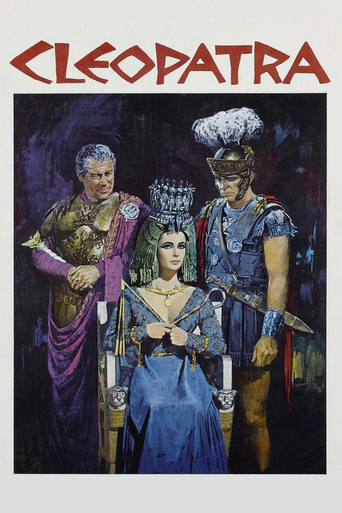



Reviews
I think this is a new genre that they're all sort of working their way through it and haven't got all the kinks worked out yet but it's a genre that works for me.
what a terribly boring film. I'm sorry but this is absolutely not deserving of best picture and will be forgotten quickly. Entertaining and engaging cinema? No. Nothing performances with flat faces and mistaking silence for subtlety.
An old-fashioned movie made with new-fashioned finesse.
Mostly, the movie is committed to the value of a good time.
BEING THE LAST theatrically released film that was done starring Mr. Robert Stack prior to his appearing as Prohibition Agent, Elliot Ness, its stature and viewer-ship doubtless was enhanced with the name of Stack being now a household word. As we recall, the series was already on ABC when JOHN PAUL JONES(Samuel Bronston Prod./Suevia Films/Warner Bros., 1959)hit the shows.*AS AN HISTORICAL Biopic, it was somewhat more lively than many others; which often opted for a more Docudrama approach. Early scene of a young John Paul pitching some cackle fruit (that's eggs, Schultz) at some Redcoats. This happened in young Jones' native Scotland. This was most likely a mood setter and a dramatic tool.OTHERWISE THE MOVIE moves along tracing the life of who has been called "the Father of the United States Navy" as it progresses from humble beginnings to his famous quote of "I have not yet begun to fight!" BY STORY'S END we see Admiral Jones auditioning for Russia's Czarina Catherine the Great; being played in a sort of Cameo Role by the Actress of Actresses, Betty Davis.SEEING THIS WAS a big deal for us when we were in Junior High. It was a story that had to be told and could well be told again. The Historical biopic may not be the best source of learning about one's nation; but it is at least a step in the right direction; especially today, when the teaching of History and its companion piece, Geography, seems to have become a thing of the past.NOTE * The Untouchables premiered as a two part story on the hour long DESILU PLAYHOUSE on CBS the year before its emergence as a weekly series on ABC. The initial story concerned the bagging of Capone and his subsequent trip to the Federal Pen.
Robert Stack, who plays John Paul Jones in this biographical pic, was by all accounts a nice guy, an avid skeet shooter who didn't take his career too seriously. It was a good idea not to. As an actor he was pretty wooden. His expressions throughout "John Paul Jones" is one of firm conviction. There are times, with Marisa Pavan, when he tries to smile, but one can almost hear an agonized creak as unused muscles are called into play. In close ups, he never blinks. It's the kind of role he would parody so hilariously in "Airplane!" The director is John Farrow, who also had a hand in polishing the screenplay. Farrow showed some subtlety in some of his work, such as "Leave Her To Heaven," a soap opera made of venom. Here -- the well seems to have run dry. The first American flag is raised on an American ship, triumphant music swells in the background, the crew stands at attention with its hats off, and a dog sits up in salute. A DOG? Yes, a dog, and this is not a Walt Disney movie.Yet, I'm hard put to recommend that this movie be avoided. It does carry some hard truths. Jones was, after all, captain of a slave ship for a while and this, along with a few other characterological blemishes, is brought up. Moreover, the viewers, many of whom may be presumed never to have even HEARD of John Paul Jones, also get to meet Patrick Henry, Benjamin Franklin, and a few other historical figures. One of them is George Washington. But Washington only appears in a brief scene at a studio-bound Valley Forge, and is only photographed in silhouette -- and from behind. We never see his face. This is a cinematic convention usually reserved for the Son of God.I presume a certain amount of the material is fictional. Movies have to have romance as well as action. And most of the dialog is conjectural by its nature. Further we have to be really careful in dealing with the Revolutionary War. Since the end of the ill-conceived War of 1812, we and the Brits have been staunch allies in two horrifying world wars and several other enterprises. That means the "enemy" can't be demonized.But all of that isn't very important when compared to Americans' ignorance of their own history. Everybody of high school age ought to see it. A survey on the Fourth of July in 2010 revealed that one in five Americans didn't know which country we'd achieved our independence from. (Wrong answers included France and China.) Yes, by all means, make sure your kids see this. Box their ears if they balk.
Just a question; where was JPJ filmed? (I'm looking for ALL locations)and does the movie archive keep a list of unnamed and uncredited extras who appeared (in the backdrop) of the film? My folks have had a replica of the Declaration of Independence in our living room that they say was a souvenir given to people (i.e. my uncle) who were hired by the producers as extras. He said that he was a signer of the document. He and my aunt also kept a copy in their house. It's been awhile since I've seen the movie, but I will look more closely next time to see if I recognize him. My uncle wasn't an actor, but a military man (retired, I think, by that time). He had to have been in the right place at the right time to be chosen as an extra. I'd love to have more info. Jeff
Although the writing credits on this film mention a story by one of the writers called "Nor'wester", it seems the roots of this film go further back. A brilliant, unscrupulous hack named Augustus Buell wrote a series of so-called biographies at the turn-on-the-century of various American heroes. His biography of Andrew Jackson is like his biography of John Paul Jones - he "embellished" it. In the biography of Jackson Buell (unfortunately) invented the charming quote that Jackson's two greatest regrets were never hanging John C. Calhoun for treason, and never killing Henry Clay in a duel. Unfortunately Buell's lies have been quoted by better historians for decades. Marquis James' Pulitzer Prize Winning biography of Jackson used Buell a-plenty. His work on the life of Jones was so damaging to scholars that the great historian Samuel Eliot Morison wrote an in-depth appendix of the lies Buell wrote. An example: Buell said there was a love triangle in Virginia between Patrick Henry, John Paul Jones, and the woman they both loved (whom Henry married). This never happened. It is in the film JOHN PAUL JONES.Not everything is in the film. Buell had a fictitious quote from Napoleon I that he would have used Jones (who lived his last years in Paris)to head his navy against Nelson at Trafalgar. Napoleon never said that - and probably did not even know who Jones was. A lot of Buell was removed - but a lot remains in it.The film also suffers from the star. Robert Stack was an admirable Elliot Ness on television, and had a goofy streak he revealed in AIRPLANE, CADDYSHACK II, 1941, and other late films. But he could seem stiff and overblown - and he does so in this film. He does seem properly heroic, but he rarely shows the darker side of Jones' character. He was a disciplinarian, and harsh tempered. He probably was responsible for killing two crewmen, one who tried to strike the flag of the Bon Homme Richard during the battle with the Serapis, and one just before the war, when Jones was Captain John Paul of the British merchant marine. In the earlier instance Jones knocked down a mutinous (or seemingly mutinous) seaman, and the other crewmen were ready to bring charges against him with the British authorities. This led to Jones fleeing to the 13 colonies, and changing his name.Another thing cleaned up (or at least changed) is the career of Jones as a Russian Rear Admiral under Empress Catherine the Great (Bette Davis). The film suggests that the Empress hired Jones, in part, due to his attractive appearance (after all, the Empress had all those affairs). Actually she hired him needing able sea commanders to fight the Turks in the Black Sea. And the experiment did not work because of jealousy by Russian commanders (possibly assisted by Catherine's chief minister Potemkin - whom the famous battleship in the Eisenstein movie is named after). Also, Jones left under a scandal - he may have picked up an underage girl, and was arrested (but released when he agreed to leave Russia). It was then that he moved to Paris (where he died in 1792). Oh, Benjamin Franklin died in 1790 in Philadelphia - he had stopped being Minister to France in 1784 (when he was replaced by Thomas Jefferson). He could not be present when Jones is dying in 1792 in Paris (as he is in the film). Well - it is a movie.Some of the history is correct. Jones was (with John Barry and Joshua Barney) the only American Revolutionary naval heroes to win battles against the British. Jones (with Franklin's help) did remarkable work with three ships: the Richard (named for Franklin's "Poor Richard"), the Alliance, and the Ranger. He did sizeable damage to British commerce, and (best of all) actually raided the British Isles (his old home area in Scotland). The battle scenes dealing with the climactic duel between the "Richard" and the "Serapis" is well done. It even reminds us to the bizaare behavior of Captain Landais, a French madmen who was in command of the "Richard"'s companion ship, who actually fired on the "Richard" during the battle.Also, on a minor note - in one moment of the film Stack is angry about the delays from Congress in giving him a ship, confronting the head of the Naval Committee. This is Mr. Hewes of North Carolina. It oddly enough fits in as a sequel to a minor figure in the musical 1776: Mr. Joseph Hewes of North Carolina is the leader of that state's congressional body, who frequently waits for the mentally stronger Edmund Rutledge of South Carolina to vote first. He also criticizes the Declaration of Independence for failing to include anything about "deep sea fishing rights" See, even there Mr. Hewes was concentrating on sea matters. So the film does have some moments worth watching. But it is too stiff and too long. If you want to know more about Jones, read the biography of Jones by Morison, or the more recent biography that has been published. At least you will get the full and true story.
